The Effects Of Monopoly In Ports Operation
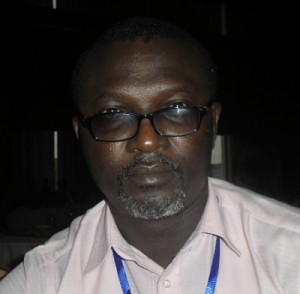
Henry Osunbo is the Manager in charge of sales and public relations department, Julius Berger Services Limited, in this exclusive interview with MMS Plus Weekly’s Ifeoma Oguamanam he gives an insight on the port operations of his terminal in Warri ports and the effects of the limitations confronted as a result of monopoly in trade created by government in oil and gas related cargoes.
Read on:
What does today’s event represent to your operations?
Actually, we have attended series of events organized by the Nigerian Shippers’ Council and I believe it is supposed to address issues of the concession agreement and that is the basic reason why we are here because the concession agreement guiding the port operations of the terminal operators has a lot of issues that needs to be attended to.
How have the limitations in the concession agreement affected your operations?
Actually in the agreement there is no limitations as to what we should be doing as a terminal operator, Julius Berger Services is a multipurpose terminal literally, meaning that, and as contained in the lease agreement, we can manage all types of cargo.
The port concession started in 2006, between 2005-2007, we have been in Warri Ports operating under the parent company umbrella, after the concession we were privileged to be one of the terminal operators that got a terminal.
In Warri ports, there are three terminal operators and we occupy the terminal C, Kana berth old port of the of the Nigerian ports Authority (NPA), the lease agreement has no limitations to our operations as stated therein but in the course of operations politically we have experienced a lot of limitations and that has impaired our revenue drive vis a vis the ports charges we that have to fulfill statutorily to the regulatory body, that is the NPA.
Talking about the lease agreement and all associated costs, if we are restricted to certain types of business which is not what is contained in the lease agreement and this agreement also stipulates the least fees payable to the authorities based on the services rendered for that period of time that the terminal is on lease.
In the cause of running the terminal or into the operations you now introduce a new development that the terminal is not supposed to handle a particular type of cargo and this limits our business and hinders our revenue drive, how do we now fulfill our part in respect to our obligations, these are limitation that we have encountered in the cause of running our terminal.
What are some of these operations that you are asked not to operate?
There is this terminology called oil and gas vessels cargo, in international communities we have tried to verify this terms but it is not applicable, but we know that general cargo is general cargo whether dry cargo, bulk cargo or wet cargo, and we have been asking all the stakeholders what is the meaning of oil and gas cargo, what does it mean?
For example, there is a vessel that comes in with pipes, pipes to be laid underground for the flow of other petroleum products, there is also that, same type of pipes even more complex used for the construction of bridges for civil engineering and if you go to our terminal you will see some of these pipes, meant for the second Niger Bridge these are more complex pipes as compared to what is termed as oil and gas, so we have not really understood the terminology or the reasons behind all these limitations.
Are you in court now concerning this issue you mentioned?
For now we are not in court Julius Berger has always believed in diplomacy in resolving conflicts and issues, we have been on this issue for quite a while, because we are being pushed to the wall but we have not retaliated.
This is the reason why we attend most conferences and seminars and we try to air our grievances. We try to let the public know the challenges we are facing. So we are not in court, we are still employing diplomatic means and relationship managements to see how far we can go to resolving the issue.
Have you reported this case officially to the relevant authorities?
When the NSC came with the new portfolio as an economic regulator, we did series of protests when we started experiencing vessel diversion and on the basics of that sometime last month we were called to the NSC head office for a meeting of all the stakeholders but when we got there it was just Julius Berger represented by myself, NSC representative and the Bureau of Public Enterprise (BPE), representative that were there, the other stakeholders like ministry of transport, NPA and other terminal operators were not in attendance.
I was the only terminal operator in that meeting, so the issue was referred to a meeting that was holding coincidentally that same day by the concession review committee set up by the ministry of transport. They were holding one of their last sessions that day and since then up till now I have not heard any report as to what the committee recommended on the issue.
There has been the report that your terminal had issues with INTELS, do you still have this problem?
The issue is not between us and INTELS, we do not have any issues with INTELS because INTELS is just a terminal operator like ours, we have an agreement that was executed between Julius Berger and NPA, and BPE as a confirming party to the lease agreement.
So we are not encumbered by INTELS, we are looking at the authority because INTELS cannot come and take our vessels when NPA is there, but the NPA says it is the ministry of transport that gives directive.
So it is not the issue of Julius Berger against INTELS .it is the issue of Julius Berger against the concession agreement and the third parties that was involved in this agreement, so that is our stand.
What is the present condition of the terminal workforce?
The maritime association has been putting pressure on the management of Julius Berger not to sack members but when the company cannot maintain the staff strength the result is inevitable, what was done recently was to look at 50% of the work force to be retrenched based on the fact that operations is on the low trend, considering the number of vessels and revenue lost for this year alone not to mention the past years.
In the last two months, till now about 30 members of staff were retrenched and the terminal is working towards a second batch and we know the implications of this because it does not tell well of the economy, it portray danger to the economy and the society at large.
Review of the port concession; does this go down well with you?
When you say review, the lease agreement stated how a review should be done and to check where all these faults are coming from, it should be reviewed holistically and if there is a reason to review a concession all the parties involved has to be carried along, also there is a clause that states how this process should follow, so it is not an issue where the authorities would just say, okay do this.
Recently, NPA embarked on increasing the tariff charges of terminal operators and NSC intervened, in view of the fact that the port was concessioned to terminal operators to build, run it and over time the agreement is to be reviewed but that has not been done since the concession in 2006. In the light of the challenges your terminal is experiencing, do you think this review is necessary?
What I observe with the NPA and with the port system in Nigeria is that emphasis is on Tincan and Apapa ports, they are using the revenue drive of these ports as a yardstick to determine the decisions that they take, they are not considering other ports.
Warri ports, for instance, have issues with monopoly by INTELS and also there are issues with dredging that has affected business growth over there, so what charges do you want to increase?
If charges are increased is it going to be restricted to just Lagos and Apapa ports? But if it has to be done holistically then to me it is not fair, that decision will drown the economy because what it now mean is that, Warri ports will die a natural death because you are telling the terminal operators to pack up in Warri ports because there is no business activities and you want to increase tarrif, so if the review has to do with Tincan and Apapa ports only, well I cannot make a comment on that but if it extends to Warri ports looking at my terminal at this point in time, it is not acceptable.
What is the tonnage of cargo throughput to your terminal?
There has been a decline, when I did my analysis and comparison recently, looking at my terminal alone between 2012 and 2014 we experienced over 70% drop of clientele based on this monopoly issue because most of them like Mr. Olayinwola Shittu brings vessels to our terminal and when the monopoly became strong all he did was to take his vessel out of Warri port, so we have experienced more than 70% drop in our clientele and that is equally reflected in the cargo throughput.



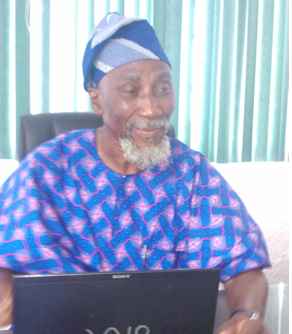
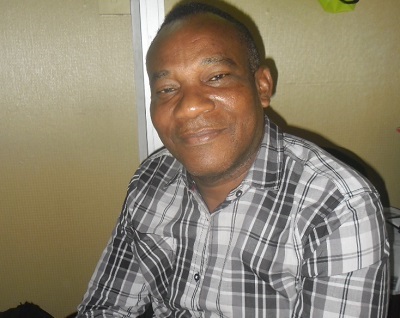
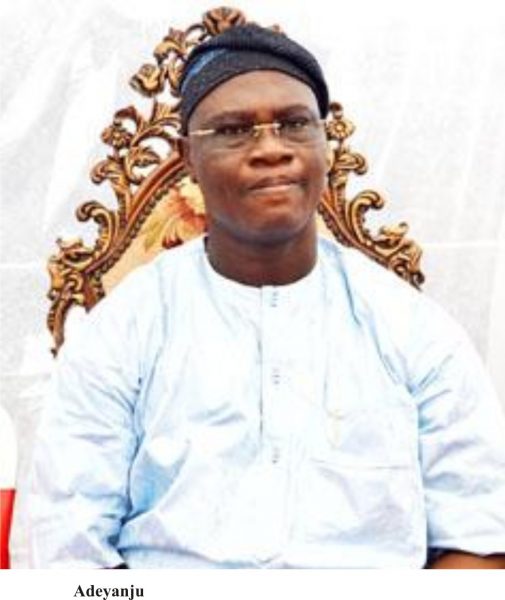
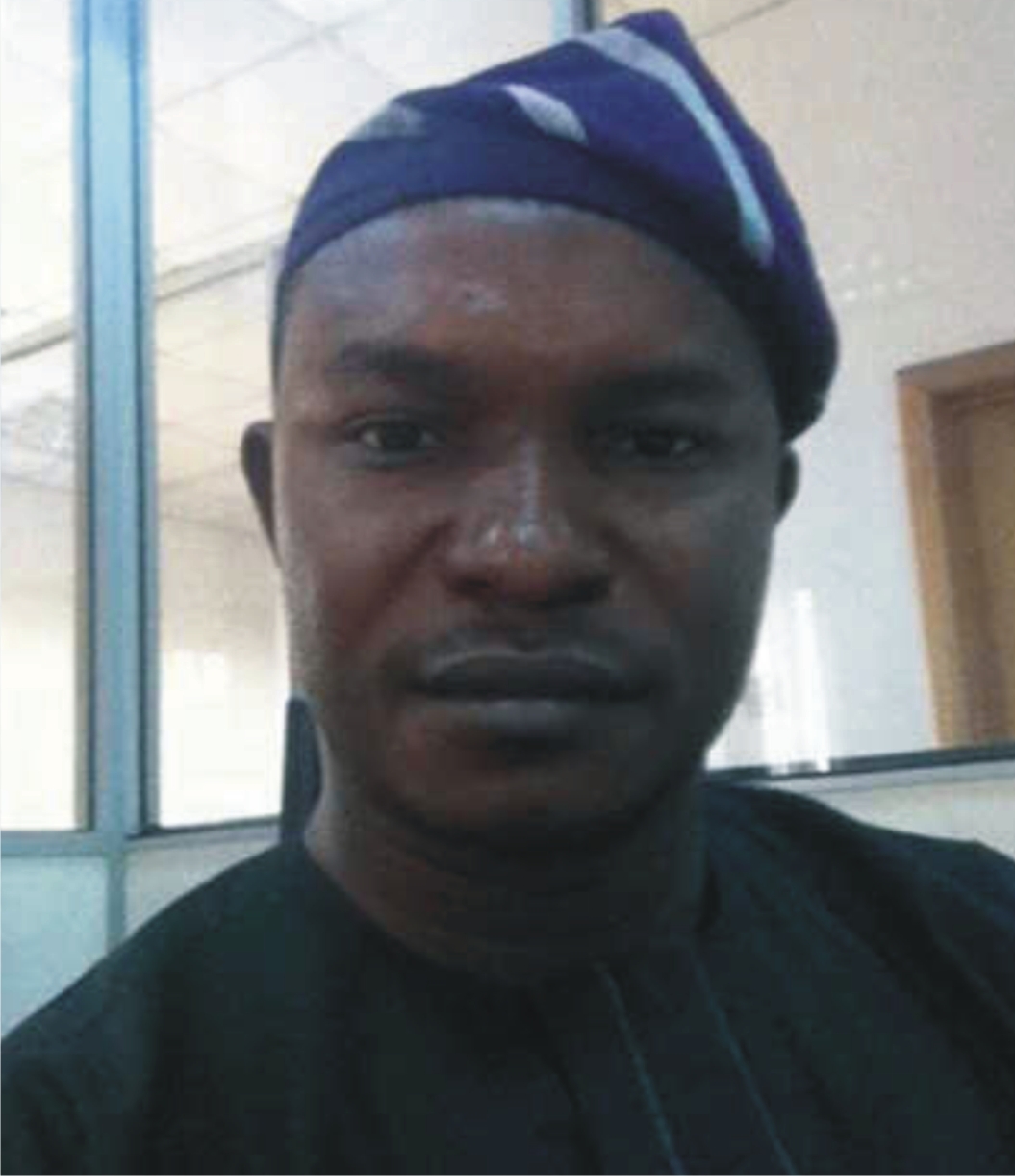
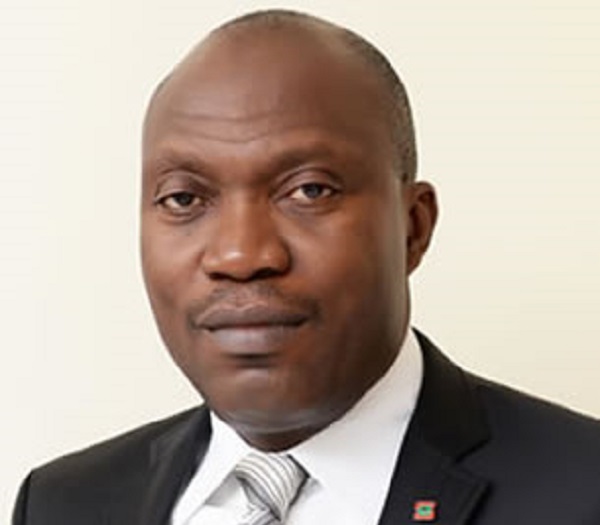
One Comment